After graduation, students can apply for a Post-Graduation Work Permit (PGWP) in Canada, which allows international students to work for 1 to 3 years based on their study duration. This is an open work visa, allowing students to work for any employer or be self-employed.
For studies in Canada lasting more than 8 months but less than 2 years, the duration of the PGWP generally matches the length of the study program. However, for programs lasting 2 years or more, graduates can receive a 3-year work permit. This policy was updated in 2024, allowing master’s and doctoral program graduates to apply for a 3-year PGWP regardless of the program length, as long as it exceeds 8 months.
In Quebec, studying vocational training programs of 1800 hours corresponds to a 3-year work permit. Graduates of 16-month continuous master’s or doctoral programs can also obtain a 3-year work permit.
Completing two 1-year programs can qualify for a 3-year work permit. The two programs can be unrelated, but the second credential must be obtained within 2 years of completing the first program.
